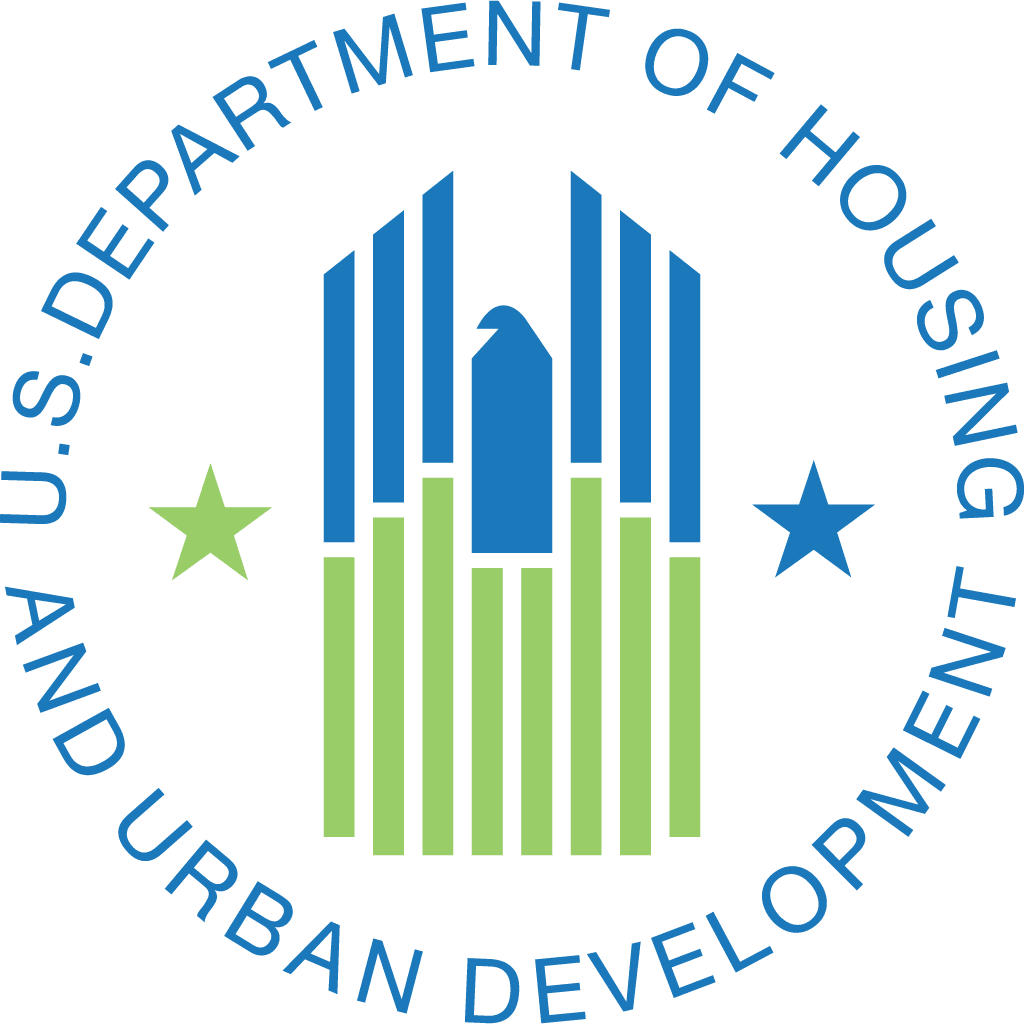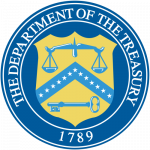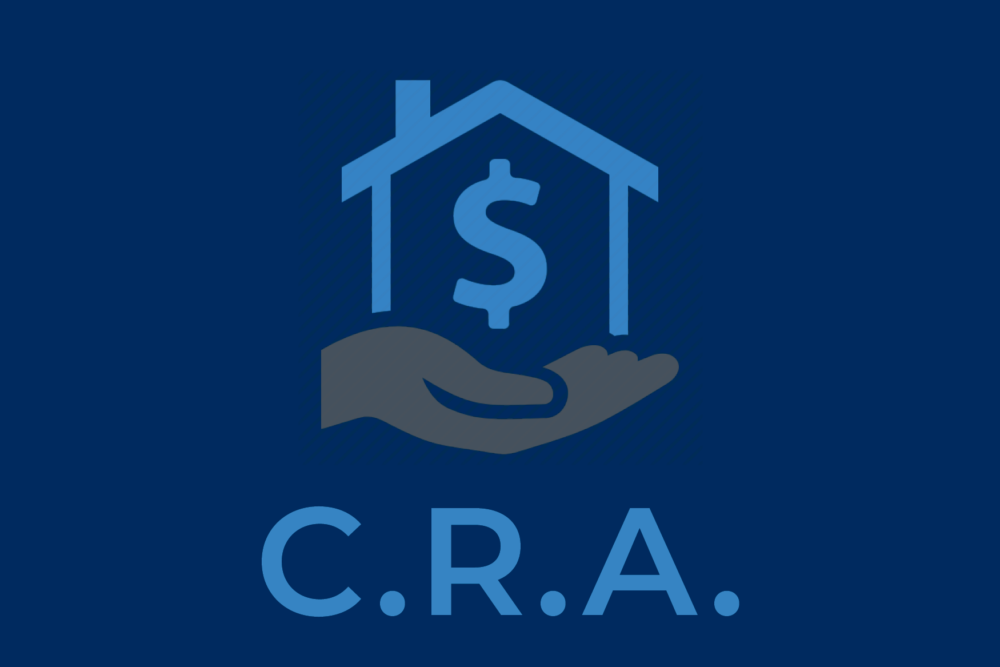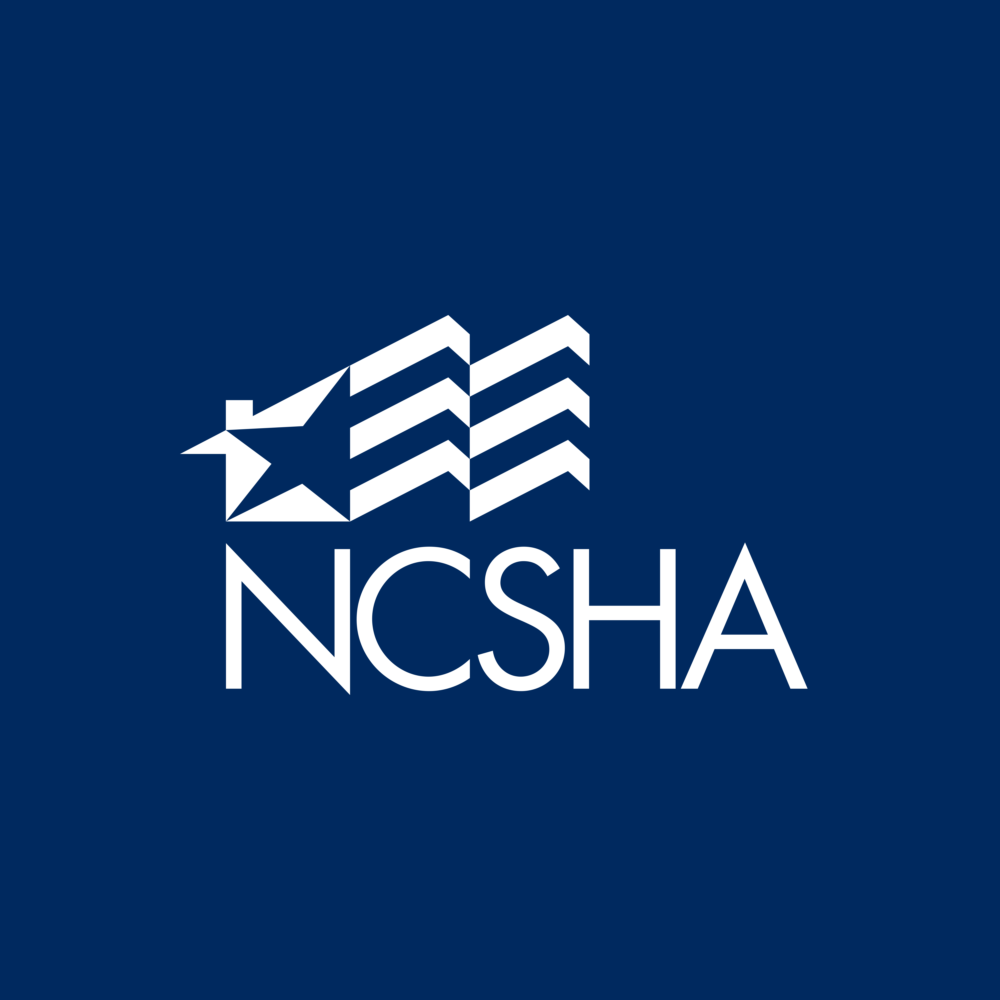NCSHA actively monitors and comments on rulemaking, policies, and other guidance issued by federal financial agencies to ensure state HFAs can administer their affordable housing programs with a range of financing options and without undue burden.
Community Reinvestment Act
In October 2023, federal banking regulators — the Office of the Comptroller of the Currency (OCC), the Federal Deposit Insurance Corporation (FDIC), and the Federal Reserve — published a final rule that substantially overhauls chartered banks’ obligations under the Community Reinvestment Act (CRA). The CRA requires federally chartered banks to support affordable lending and community development in the communities where they operate.
The CRA has historically incentivized banks to make equity investments, including in Low-Income Housing Tax Credits and tax-exempt Housing Bonds. As banks begin to implement the new CRA requirements, NCSHA is currently working to determine the impact the rule will have on such investments and encourage the banks to partner with HFA multifamily and single-family programs as part of their CRA initiatives.
Dodd-Frank and HFAs
The Dodd-Frank Wall Street Reform and Consumer Protection Act (commonly referred to as Dodd-Frank), which was signed into law by President Barack Obama in July 2010, has brought the most significant changes to financial regulation in the United States since the regulatory reform that followed the Great Depression. It made changes in the American financial regulatory environment that affect all federal financial regulatory agencies and almost every part of the nation’s financial services industry.
Perhaps most significant for HFAs and their affordable homeownership programs, Dodd-Frank established the Consumer Financial Protection Bureau (CFPB) and tasked the new agency with promulgating a series of new regulations pertaining to mortgage lending. CFPB has since implemented rules governing, amongst other things, mortgage underwriting, servicing, borrower disclosures, and loan originator compensation.
NCSHA has worked to make CFPB staff and leadership aware of HFAs’ unique role in the housing finance system and to ensure that CFPB’s rules don’t hinder HFAs’ homeownership programs. In several of its rules, CFPB has recognized HFAs’ track record of responsible affordable lending and granted HFAs several special dispensations, including exempting all HFA program loans from its Ability-to-Repay/Qualified Mortgage rule. At NCSHA’s urging, CFPB also amended its mortgage disclosure rule to make it easier for lenders to participate in HFA down payment assistance programs.
NCSHA has also endeavored to ensure that other federal rulemakings authorized by Dodd-Frank account for HFAs’ critical place in the market. At NCSHA’s urging, HFA program loans were exempt from the Risk Retention rule released by six federal agencies requiring banks to retain a portion of the credit risk for every asset they securitize. This has made HFA loans, and the bonds and securities they underlie, more attractive investments for banks.
NCSHA also monitors and comments on rulemakings, policies, and other guidance issued by federal financial agencies, including Treasury, the U.S. Securities and Exchange Commission (SEC), the Internal Revenue Service (IRS), and the Governmental Accounting Standards Board (GASB), to make sure that they do not unnecessarily detract from HFAs’ ability to effectively administer their programs.
Moving forward, NCSHA will continue to advocate to ensure that federal financial regulators consider HFAs’ unique purpose and needs when drafting regulations and other rulemakings.
Contacts:
- To find local housing assistance, please contact your state’s Housing Finance Agency (HFA).
- To learn more about NCSHA’s advocacy work in this area or to attend a related education event, complete the general inquiry form.
- Members of the media, please contact Lisa Bowman, Director of Marketing and Communications, at lbowman@ncsha.org.







